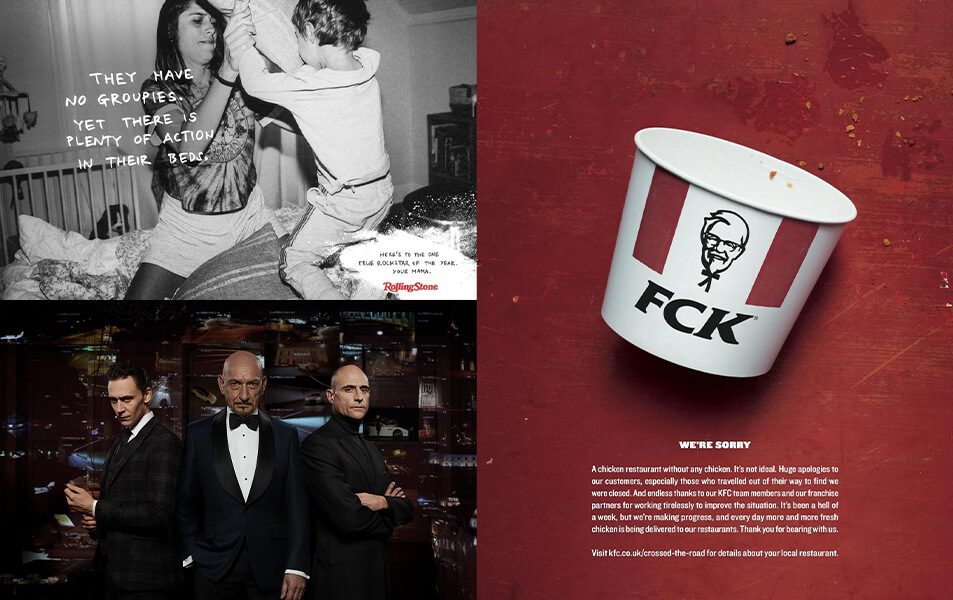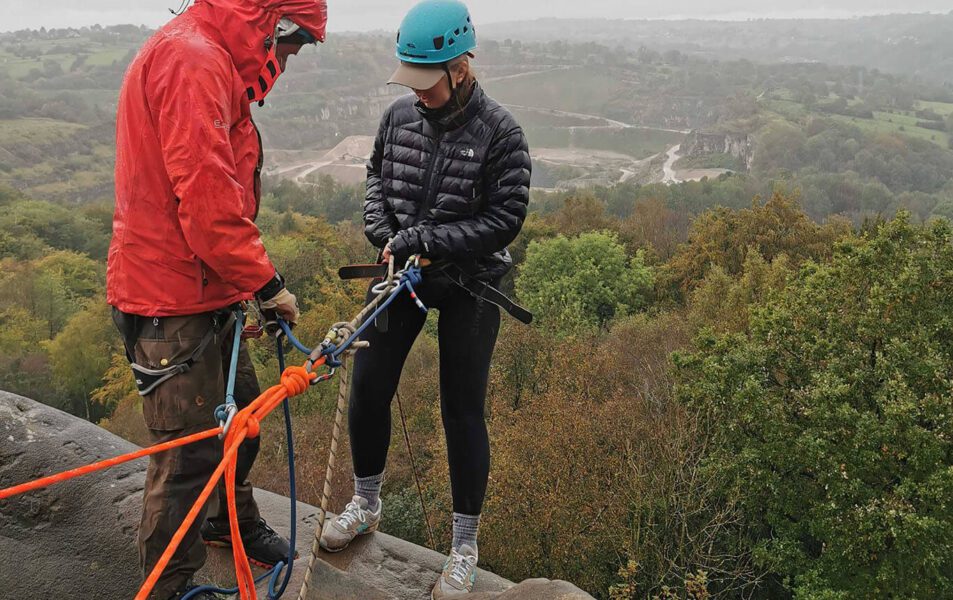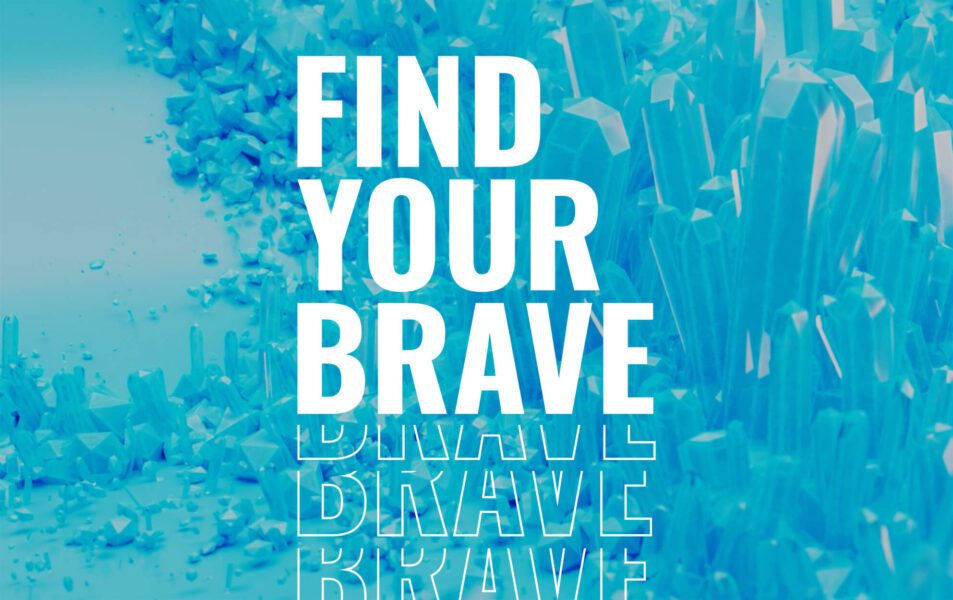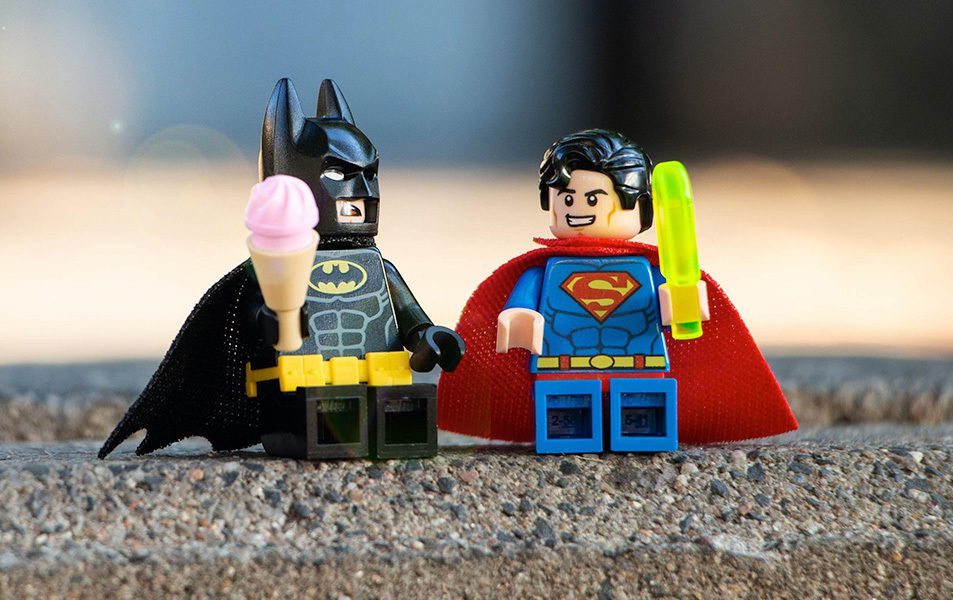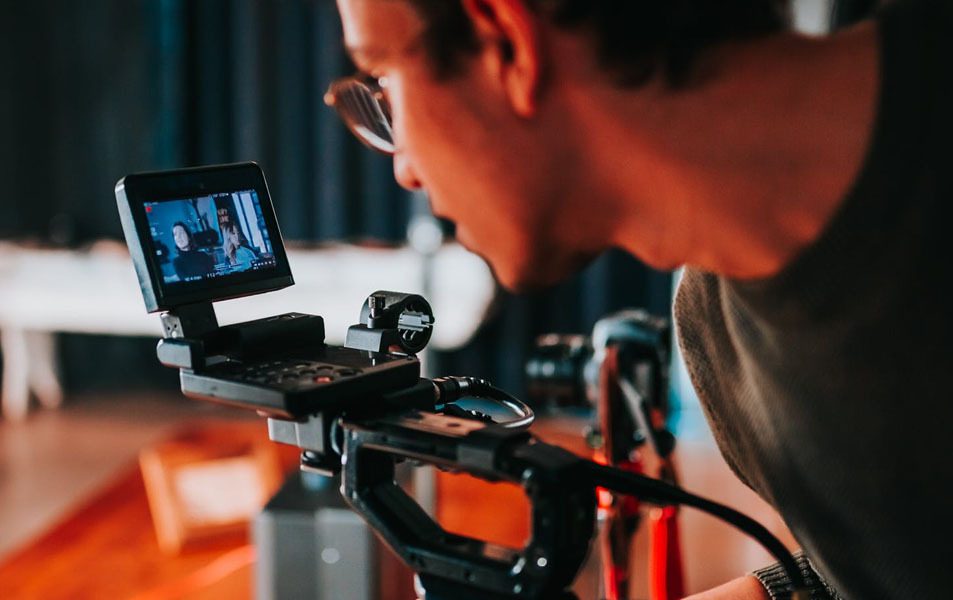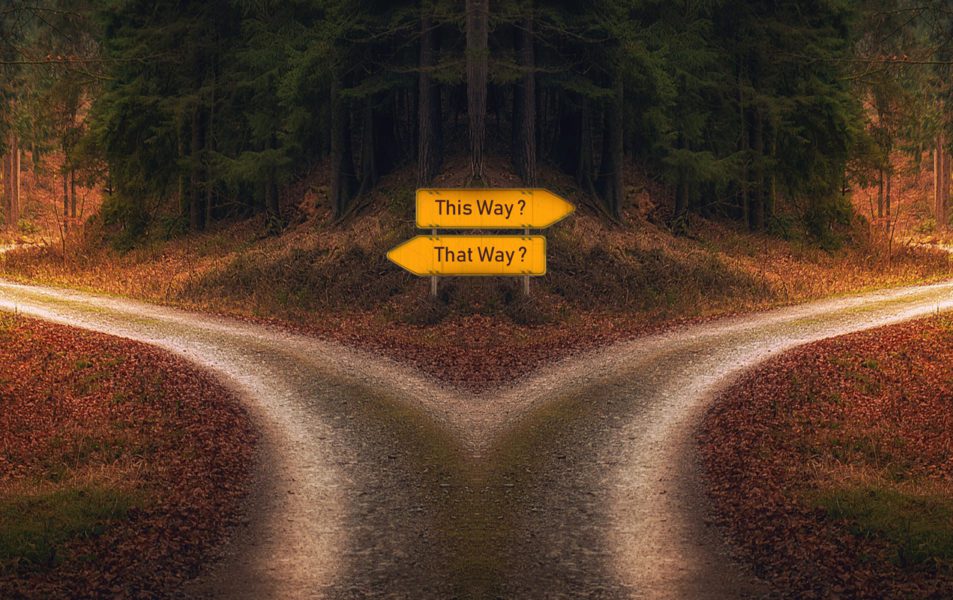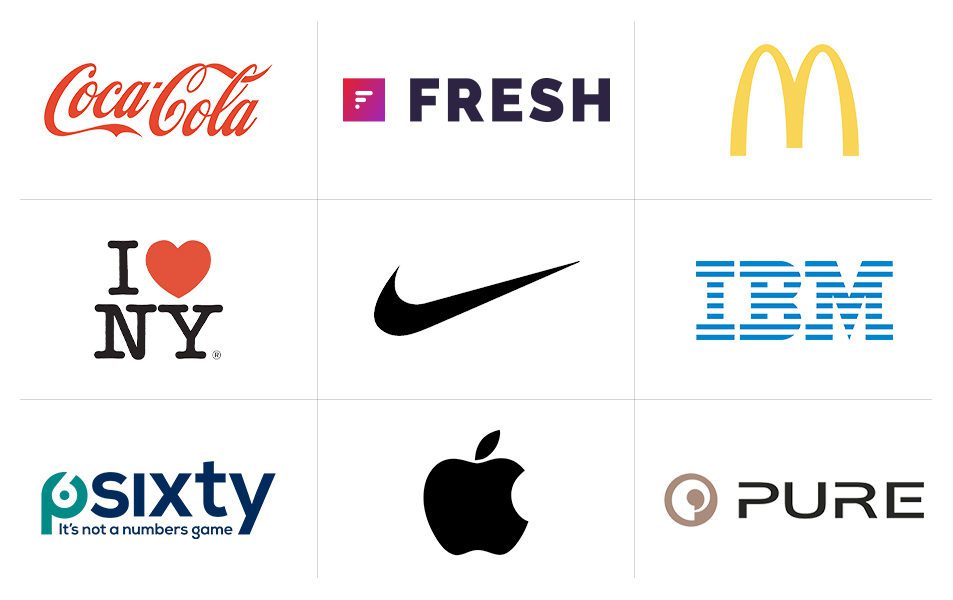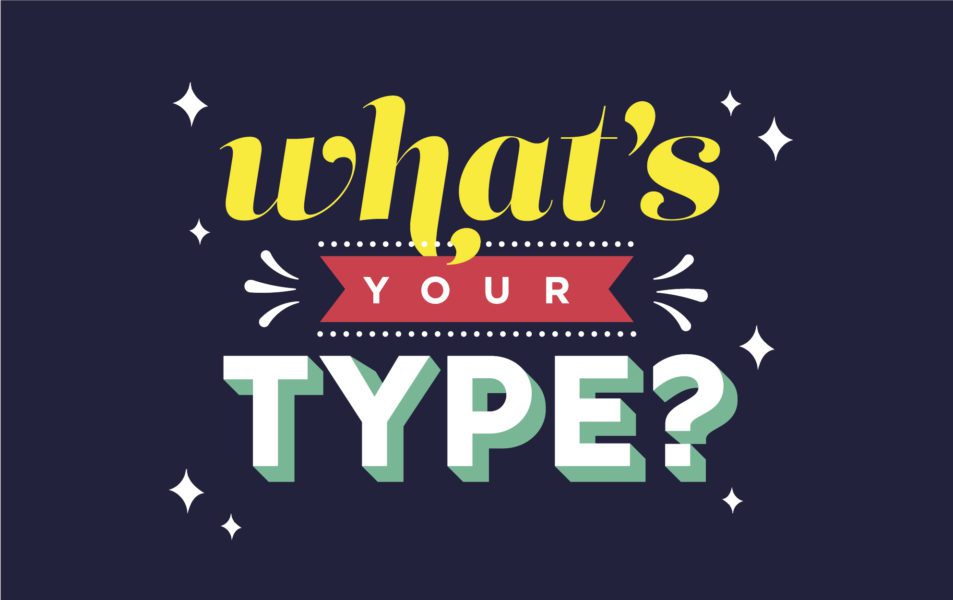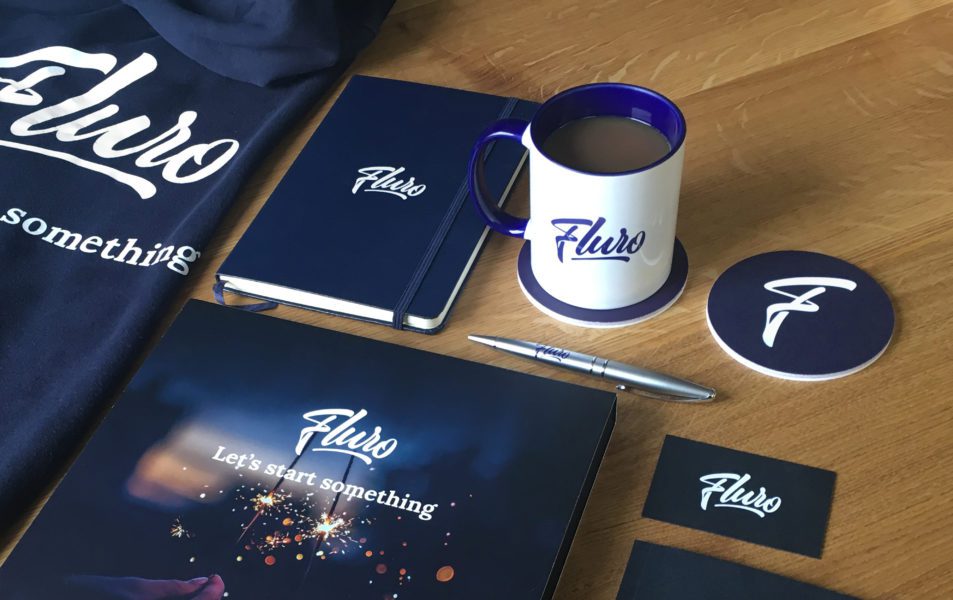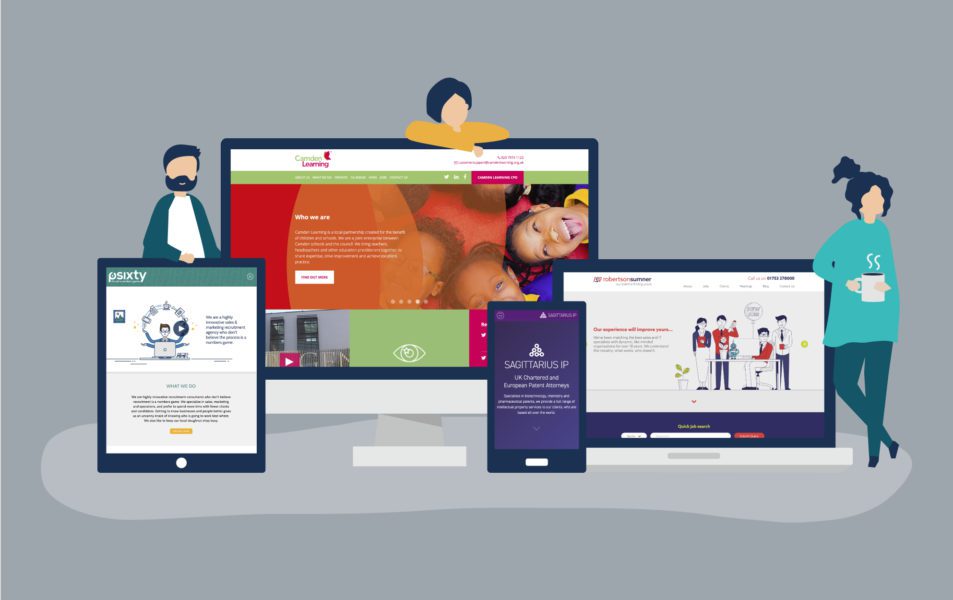
BRAND LOYALTY IN A DIGITAL WORLD
By: Mat Harris
Reading Time: 2 minutes Brand Loyalty looks different today There’s always been many factors that feed into brand loyalty. Trust, saturation, reach and relevance have and always will play... Read more

CAREER ADVICE FOR NEW DESIGNERS
By: Sarah McEvoy
Reading Time: 2 minutes As a designer at the start of your career, you have no choice but to look ahead and face your future with your head up... Read more
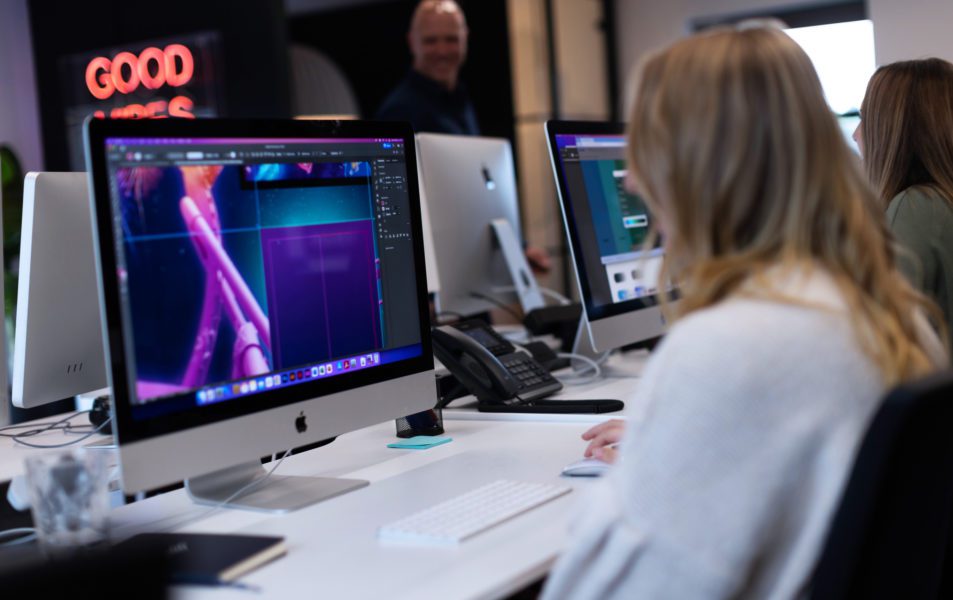
MOVING UP IN THE WORLD
By: Sarah McEvoy
Reading Time: 3 minutes In the last few years, our creative branding agency has grown to 20, and we’re still counting. In 2022, just as our cosy HQ in... Read more

We’re the Firestarters
By: Mat Harris
Reading Time: 3 minutes “So how can organizations win the talent war? By cultivating a workplace culture that engages, rewards and, most of all, inspires.” Forbes According to Forbes,... Read more

What is rebranding and why do I need it?
By: Mat Harris
Reading Time: 2 minutes Are you considering rebranding your business, product, or service? If you’re like most business owners, you’re probably concerned about when and how to go about... Read more
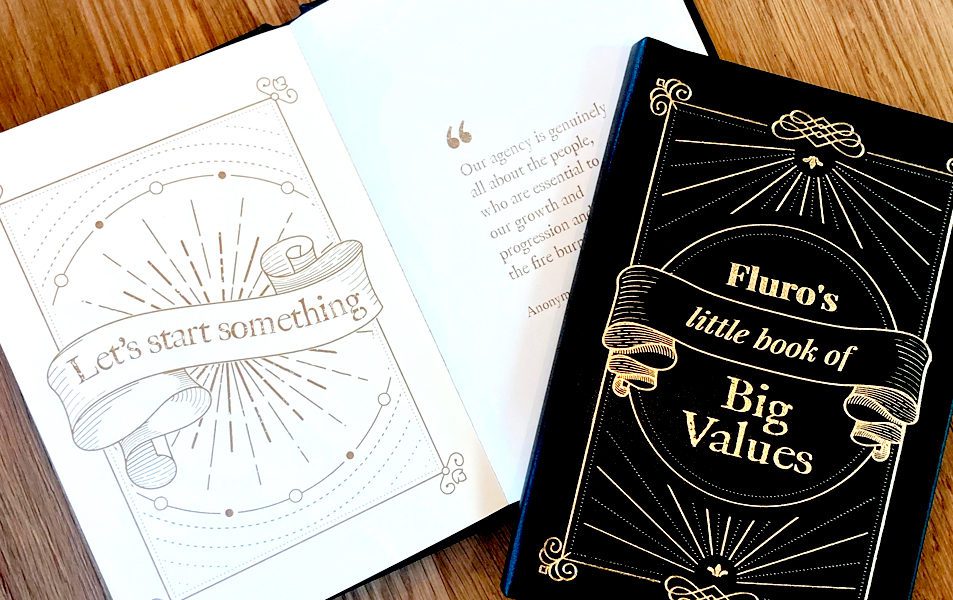
A Little Book of Big Values
By: Sarah McEvoy
Reading Time: 3 minutes A Little Book of Big Values In September this year, Fluro held its first ever company day. It was the perfect time to share the... Read more
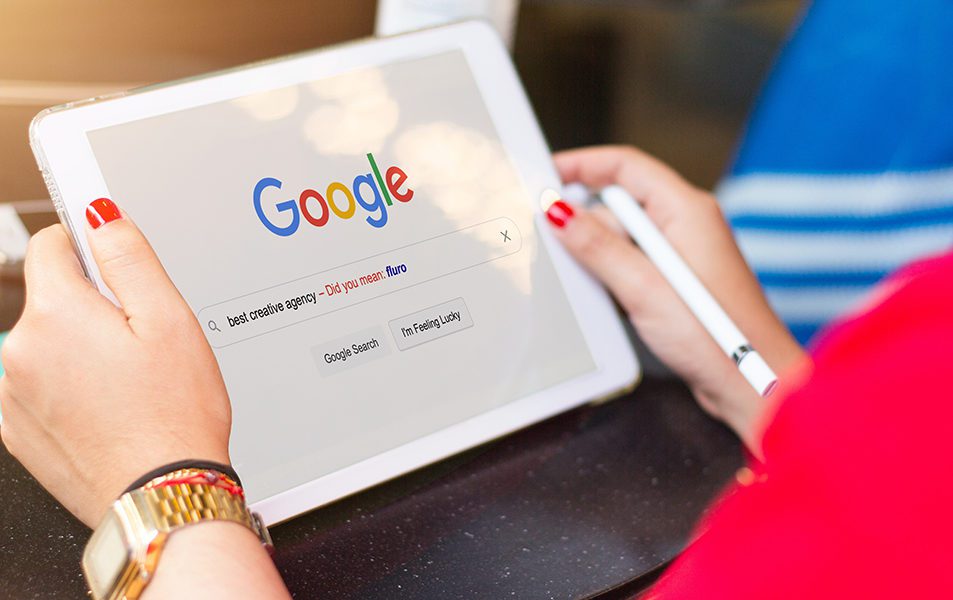
How to Find The Right Creative Agency
By: Sarah McEvoy
Reading Time: 3 minutes Finding the right creative agency for your business can be daunting. Do you need an agency with sector experience, or is most important to find... Read more
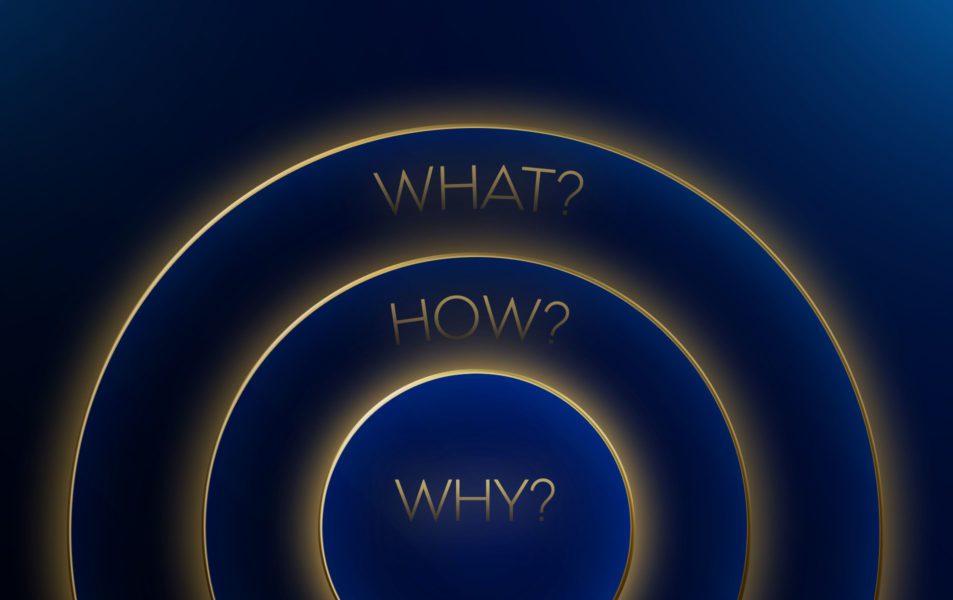
The Power of Why?
By: Mat Harris
Reading Time: 2 minutes When it comes to brand strategy, it’s critical to define why your organisation does what it does. One of the first questions any decent creative... Read more
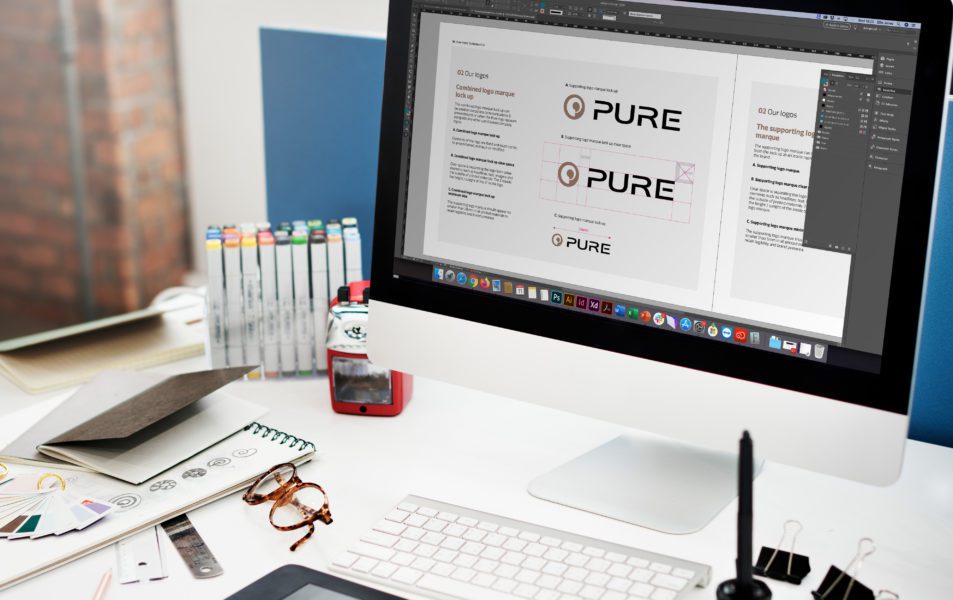
Our brand identity process in 6 key steps
By: Mat Harris
Reading Time: 3 minutes We do a lot of brand identity projects at Fluro and our experience has led to the creation of a process that enables us to... Read more

The colour of persuasion
By: Mat Harris
Reading Time: 3 minutes The myths & magic surrounding the power of colour Building brands is a big part of what we do at Fluro. That means we often... Read more
